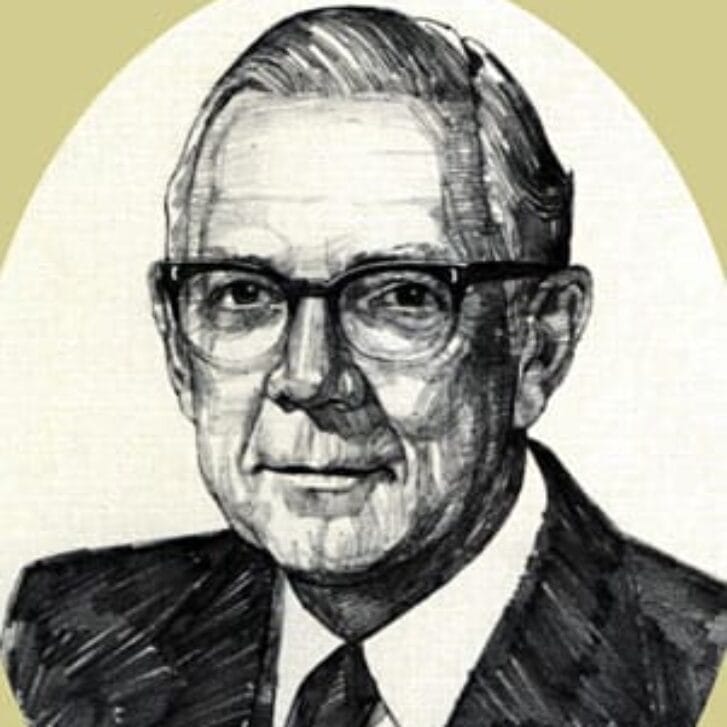 Ruthann Quindlen was there before the tech boom started—and she was there to chronicle those heady days.
Ruthann Quindlen was there before the tech boom started—and she was there to chronicle those heady days.
The daughter of an Air Force officer raised in Louisiana, Quindlen found her first fulltime job as an investment banker at Alex Brown & Sons. She carved out a niche in the 1980s as the first dedicated personal computer analyst for a big investment bank.
Later a managing director at Alex Brown, she guided the IPOs of the most prominent names in the personal computer software business—Microsoft, Broderbund, America Online, Borland, Electronic Arts, and McAfee Associates. In 1993, she signed on with Institutional Venture Partners, or IVP, an early-stage venture- capital firm based in Menlo Park, CA.
Again breaking ground as one of the few women to become a technology partner in a top-tier venture capital firm, her mantra was to get the “faster, better, cheaper” companies, as she told the New York Times. Those companies were usually headed by first-time entrepreneurs, as she noticed the best ones of the personal computer era — like Microsoft and Cisco — were.
In 2000, Time-Warner published her memoir, Confessions of a Venture Capitalist: Inside the High-Stakes World of Start-Up Financing. Neither confessions nor a nostalgic look back, it became a primer for how to invest post-boom. Quindlen advocated not just looking at successes, but examining failed companies to see what not to do (Wired magazine suggested a more apt title would be 101 Things CEOs Do to Screw Up Companies). Her “don’ts” were hiring the wrong people in key positions, thinking too small to avoid risk, telling backers only what they want to hear, believing the competition is ignorant, and focusing solely on money.

























